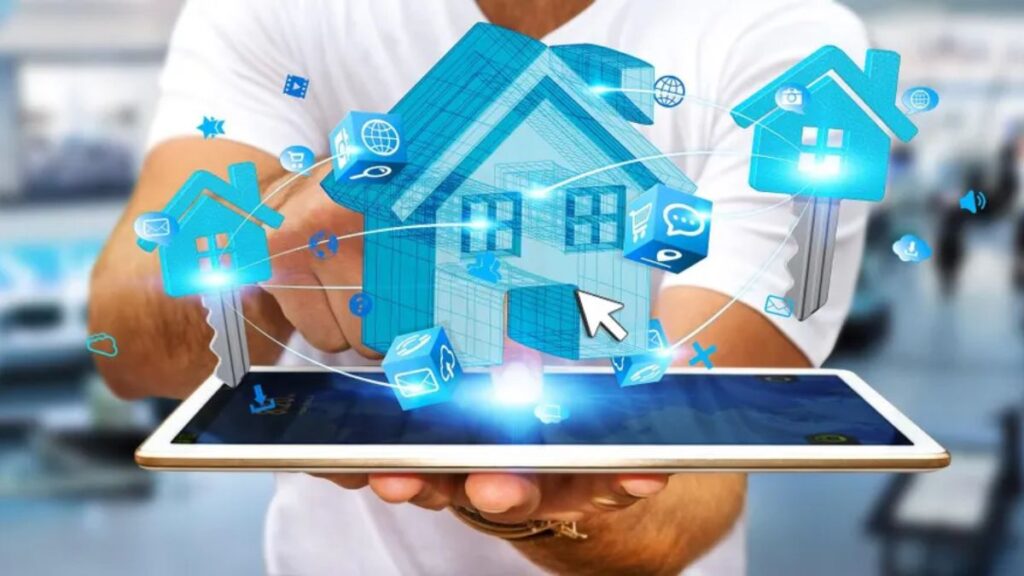Today’s property management landscape transforms as emerging technologies redefine how properties are maintained, marketed, and rented. Innovations in artificial intelligence (AI), Internet of Things (IoT) devices, blockchain, and immersive digital solutions are streamlining operations and empowering property managers to deliver superior tenant experiences. For short-term rental hosts, utilizing specialized services like Airbnb cleaners ensures consistent property upkeep and a seamless guest experience, which are key factors in maintaining high ratings and repeat bookings.
These advanced tools and services are not just about convenience; they are essential for staying competitive in a market where tenant expectations and operational demands continue to rise. Property managers who adopt AI-driven analytics, smart home controls, and centralized platforms can unlock new efficiency and satisfaction levels for owners and renters, from automating routine maintenance to enabling real-time responsiveness. Integrating these technologies with dependable service partners positions modern property managers to thrive in a rapidly evolving industry.
Smart Home Technologies Enhancing Efficiency
Smart home technology represents one of the most significant leaps for property management. Thermostats, lighting systems, and security devices can be managed remotely, allowing property managers to optimize temperatures, monitor security, and adjust lighting schedules from any location. For example, smart thermostats can automatically regulate HVAC systems based on occupancy patterns, reducing utility costs and enhancing tenant satisfaction by keeping living environments comfortable and responsive. Keyless smart locks and app-based access controls improve security and convenience, eliminating the need for physical keys and reducing lockout incidents. Additionally, smart sensors issue real-time maintenance alerts, so issues like leaks or faulty appliances are flagged instantly for quick intervention.
Predictive Maintenance Through AI
Artificial intelligence is taking a proactive approach to property maintenance. By analyzing data from sensors and building systems, AI can forecast when routine servicing or repairs are needed, before breakdowns occur. This shift from reactive to predictive maintenance reduces the likelihood of significant damage, helping property owners avoid high costs and maintain tenant comfort. AI-powered chatbots streamline communications by providing instant answers to rental inquiries, maintenance requests, and policy questions so property managers can focus on oversight instead of repetitive support tasks. These applications are making maintenance schedules brighter and tenant satisfaction higher than ever before, as discussed in Forbes Technology Council.
Virtual and Augmented Reality in Property Marketing
Virtual reality (VR) and augmented reality (AR) solutions are revolutionizing how properties are showcased and leased. These technologies allow for immersive 3D tours that potential tenants can experience from anywhere in the world, drastically reducing the need for in-person viewings and accelerating the leasing process. Virtual staging, which digitally adds furniture and decor to empty spaces, helps prospects visualize a property’s full potential without the expense of physical staging or renovations. This enhances marketing appeal and increases the likelihood of attracting qualified tenants and closing deals faster. The convenience of VR and AR also helps international and remote renters make confident leasing decisions.
Blockchain for Secure Transactions
Blockchain technology is gaining ground for its ability to facilitate secure, transparent transactions. In real estate, blockchain creates immutable digital records for property deeds and titles, significantly reducing the risk of document tampering or fraud. It also simplifies ownership tracking and transfer processes by allowing instant authentication and verification. Further, smart contracts—self-executing agreements encoded on blockchain—can automate rent payments, deposit returns, and lease renewals, minimizing disputes and administrative overhead. The decentralization offered by blockchain aligns with best practices recommended by authorities, helping property professionals embrace a more secure and efficient future.
Data Analytics and Predictive Maintenance
The use of comprehensive data analytics is redefining property management’s decision-making process. By collecting energy consumption, occupancy levels, and equipment performance metrics, managers gain actionable insights into operational trends and cost-saving opportunities. Analytical dashboards can highlight inefficiencies, forecast maintenance needs, and inform budgeting priorities, allowing for real-time optimizations. Predictive maintenance, powered by these analytics, identifies wear and tear patterns, ensuring that servicing is scheduled proactively, not reactively. This intelligence reduces downtime, preserves critical systems, and directly contributes to tenant satisfaction by prioritizing preventive care and reliable infrastructure.
Online Rental Platforms Streamline Every Step
Online rental platforms are fundamentally changing the rental landscape by digitizing listing management, tenant screening, and lease administration. These platforms offer seamless digital solutions such as online applications, e-signatures, automated rent collection, and centralized communication tools. Property managers benefit from reduced paperwork, efficient tracking of all interactions, and easier lease renewals or terminations. For tenants, the experience is equally streamlined—they can search listings, upload documentation, pay rent, and submit service requests from one secure portal. User-friendly online platforms also ensure that maintenance issues and communication are handled swiftly, improving overall satisfaction and speeding up resolution times.
Embracing the Future of Smart Property Management
Integrating innovative technologies is no longer optional for property managers who want to stay ahead in today’s competitive rental market. From IoT-enabled devices and predictive analytics to virtual tours, blockchain-secured transactions, and comprehensive online platforms, these innovations lead the way to more efficient, secure, and tenant-centric real estate management. By investing in these technologies and partnering with specialized service providers, property managers are poised to meet the evolving expectations of modern tenants and build stronger, future-proof portfolios.






